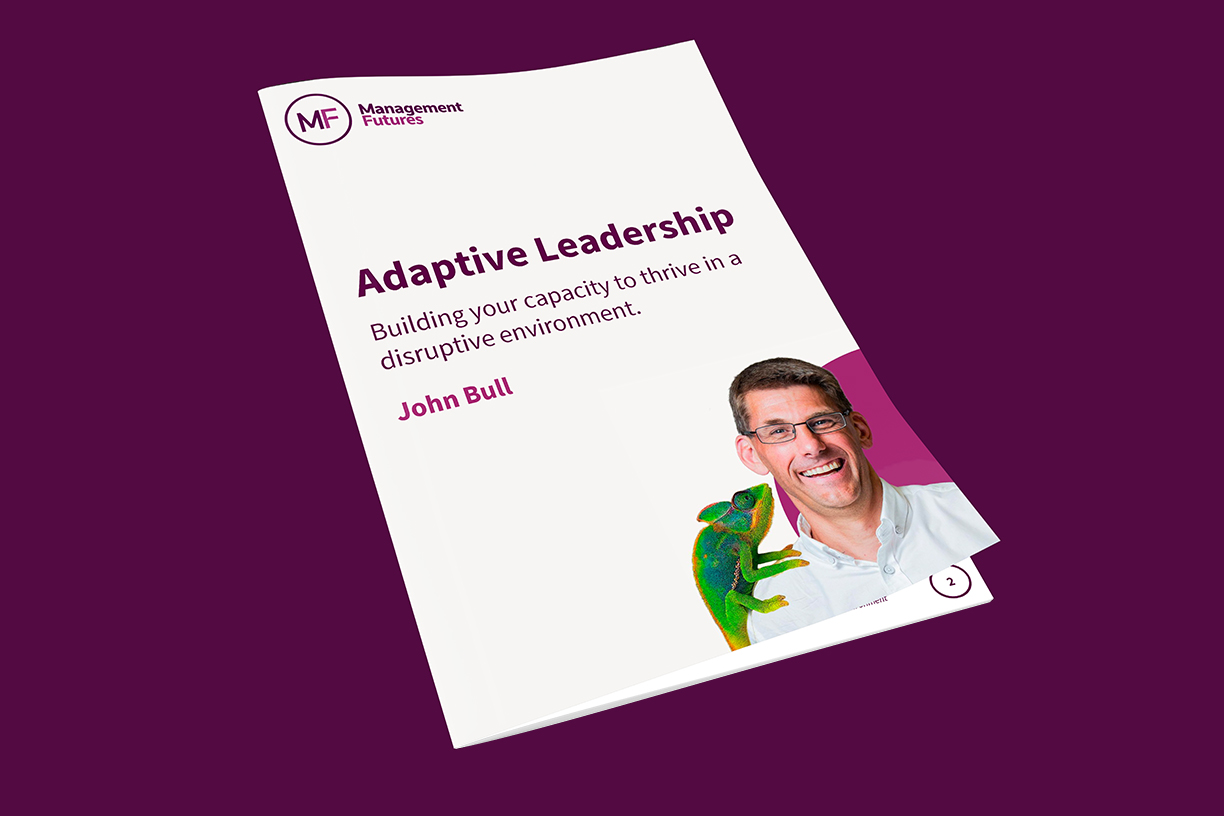How can you become a confident, impactful communicator without sounding overly rehearsed? Simon Eastwood shares the secrets to speaking with clarity, confidence and conviction.
When it comes to helping someone to be a good, or ‘even better’ communicator, I am mindful to avoid methodologies that result in a contrived and overly coached ‘speaker’ whilst carefully building the foundations of clarity, confidence and conviction. It’s a balancing act, and a seemingly contradictory endeavour. Be yourself but do it in this way!
What is important, in my opinion, is to lay the foundations of what one might call the ‘universal truths’ of good communication (as I see it) and allow the person to embed these in a way that works for them. It’s clunky at first, trying to remember more than one thing at the same time, whilst delivering a presentation. This is why deliberate practice is essential.
Once it clicks, those universal truths become second nature.
It's also very possible to make big strides relatively quickly by focusing on one thing at a time and deploying it.
So, what does make a good communicator?
The three things I say on a regular basis are - speak up, slow down and bring more energy but, of course, there is much more to it.
For me there are three factors, familiar to many who’ve trained in this area, but not always consistently utilised. What’s important is the relationship between them, as they converge in real time as the speaker speaks.
They are of course:
- Body Language - what we transmit through the way we present ourselves.
- Voice - what we bring to our words.
- Content - the words we choose to use and the order in which we use them.
Here are a few Universal Truths:
Clarity – be crystal clear on the one thing you want people to think, feel or do as a result of what you say. Be crystal clear in your delivery – including content and structure.
Often, we prepare a presentation or speech by diving straight into the content without thinking. Consider what do I want people to think and feel that will motivate them to act, or reflect. The way to do this, is to condense everything into one concluding sentence – short and memorable. This is the north star. It guides everything else you want to say.
Next, identify the structure you’ll use to ensure a logical flow to your message. It helps you, and the listener stay on track. A simple and memorable structure will not only help you find your way back, if you lose the path, it also enables you to improvise, to go off-road, and then jump back on the highway when you’re ready. If you want to influence people, then ensure you provide evidence, otherwise what you say simply remains an opinion.
Body Language – I return to being mindful not to create the ‘Frankenstein’ that is the overly coached and affected speaker. Body language though speaks volumes, whether we intend it to or not, so being purposeful is important. You don’t need to plan and rehearse every gesture, but some simple adjustments can have a significant impact.
Ultimately, we want people not to notice our body language because it seamlessly aligns with our words. Too much movement, gesturing, arms clenched, head tilted, eyes darting or fixed on one person – can distract and lose the listener. It’s counterintuitive to stand in front of lots of people with an open posture, upright and centred. The instinct is so often to do the opposite. By being open, we send a message that we’re okay with exposure – we’re comfortable with eyes on us; even if we are not. The body leads the mind so looking comfortable puts your audience at ease, which in turn puts you at ease.
Voice – we’re not looking to achieve a Shakespearian oration; and the tone, pace and energy we bring, give our words life and meaning. Remember those three common factors – speak up, slow down, bring more energy. I’m surprised at how many people present with the same volume they use in a one to one conversation. We don’t have to shout, it’s simply ensuring our voice ‘lands’ and doesn’t dissipate somewhere between you and your audience. Our voice has to follow through. One way to think about this is the energy we bring, particularly our vocal energy. Nearly every time I work with someone, I ask them to bring me more energy than they feel comfortable bringing. The results are usually spot on. I think we are often conditioned, perhaps from a young age, to be too contained vocally. It means we’re not committed to what we say. Energy brings passion to our words – it doesn’t have to be a performance, it’s simply commitment.
Returning to clarity - when we speak, our goal should be to say less and make every word count. A starting point is to consciously remove filler words, or sounds like “um, you know, like, hopefully, kind of, sort of etc”. We use these to bridge one thought to another and they can undermine our credibility. Try speaking at half the pace you think you should, and adopt a philosophy of ‘think to speak’ versus 'speak to think’. If you edit as you go and replace filler words with pauses you take control of content and keep people with you.
These are just a few universal truths amongst many. By focusing on one truth at a time we can swiftly make a significant difference. I return to my first point - be yourself, imbue what you have to say with your experiences and belief; you will be truly heard.








